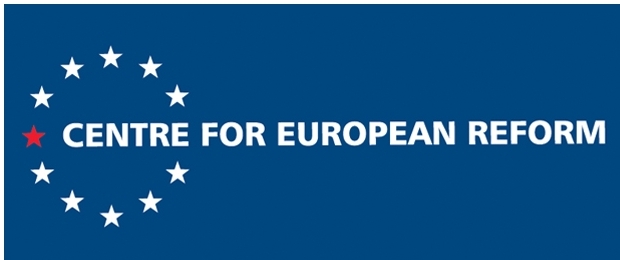
EU ties fray over debt crisis, border control
"European integration was a top-down [enterprise]: If you build it, they will come," said Hugo Brady, an analyst with the London-based Centre for European Reform. "People did make use of the benefits it brought. But it didn't mean that they moved any closer culturally or on the organisation of society. We have some commonality, but we're not as alike as people thought." Even if the euro pulls through its crisis, the trauma of the experience will probably cool the dreams of ever-closer co-operation and expanding European power, Brady said. "We're likely to see the emergence of a generation of politicians who are likely to see the EU as far more limited in the things it can do It doesn't necessarily mean that the EU will disappear, just that member states will not be as interested in the benefits of cooperation for a time."
